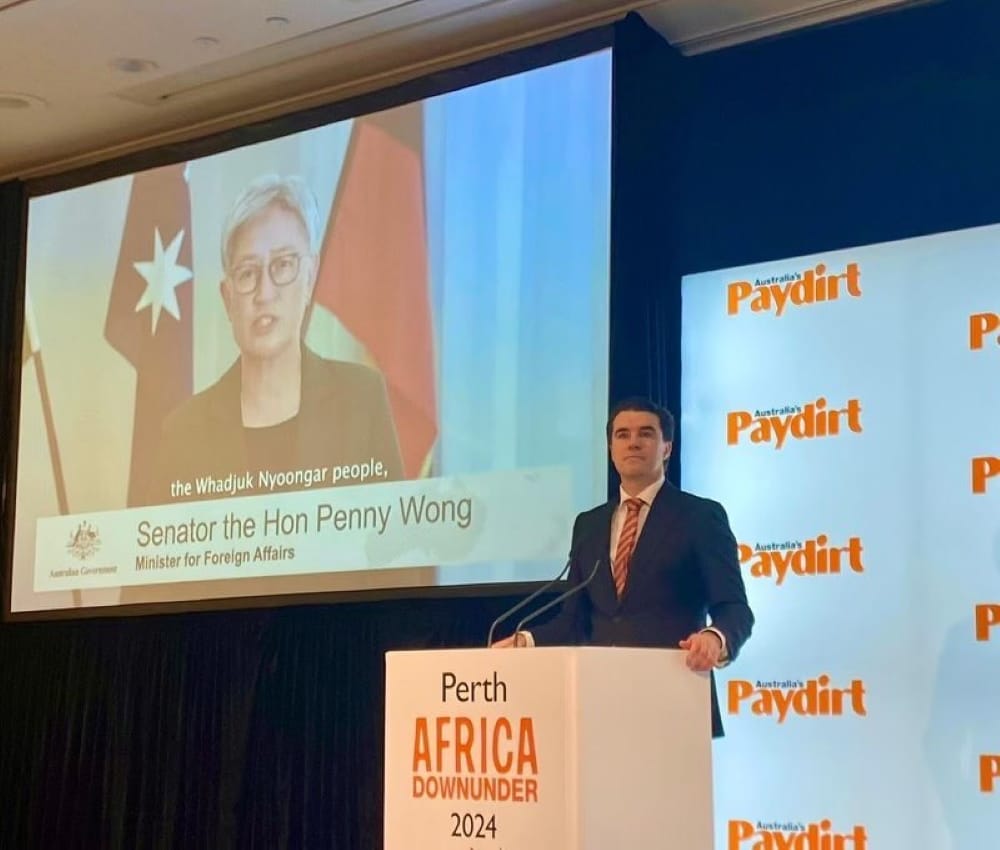In 2022, Assistant Foreign Minister Tim Watts declared that Australia wanted a new relationship – one of partnership – with Africa. Good call, but little action has followed so far.
Africa looms larger in the world and the wider Indo-Pacific region and is the frontier of Australia’s western security perimeter. Three key countries with long coastlines – Australia in the East, India in the North, and South Africa in the West – frame the Indian Ocean. Regional peace and security in the future will depend on how these countries work together and engage there with global players such as China, Russia, the United States, France and others.
It is time, and in Australia’s interests, for a long-term, multi-faceted engagement policy towards Africa, with initiatives to add substance to the rhetoric.
African-born voters already have real impact in some seats and a range of new diaspora organisations seek to speak for them.
Four Indian Ocean island states – Mauritius, Madagascar, Seychelles and Comoros – are African Union members. And Africa’s 54 nations already comprise more than a quarter of the UN’s membership. This matters if you need support to win a temporary seat on the UN Security Council election, as Australia does again in 2028 for 2029-30, or for positions on global issues such as climate change. The African states will also be crucial to the success of Foreign Minister Penny Wong’s worthy pursuit of a new humanitarian personnel protection initiative.
With the world’s highest population growth rate, Africa is set to have a projected population of 2.5 billion by 2050. The present estimated population on the continent of 1.5 billion is already ahead of India and China.
As population ages elsewhere, the world’s workers will increasingly come from Africa. With vast untapped resources and Asian growth slowing, so too will global growth. For this reason, the African Union was recently invited to join as a G20 member. And South Africa will host the G20 leaders' meeting next year – the first time it will be held on African soil.
At the same time, Africa is currently the world’s most underdeveloped and conflict-ridden continent. How its future is managed will matter more and more for the world.

Australia’s current interests in and engagement with Africa were underlined earlier this month by the Africa Week meetings in Perth (2-6 September). Central to this week were the successful 25 member Australia Africa Universities Network meeting – focusing on the energy transition and coordinated by Curtin University – and the Africa Down Under mining conference, where a prominent role was played by the Australia Africa Minerals and Energy Group. The ANU’s National Security College briefed others on the work of its new Africa Working Group.
Foreign Minister Penny Wong sent a supportive video message. Watts also gave a strong address and was active in meeting with African mining ministers and other delegates. Australia’s ambassadors on the continent and Africa’s ambassadors in Australia were thick on the ground. Attendance might have been greater of course if it hadn’t clashed with the Forum on China-Africa Cooperation in Beijing, presided over by President Xi Jinping himself.
According to a letter sent last month to the prime minister by the Australian Council for International Development on behalf of a range of groups interested in Africa, there are 165 ASX-listed companies (primarily mining) operating in 44 African countries. Australian investment in African mining – increasingly in critical and strategic minerals – is estimated at between A$40-60 billion. China is the main competitor.
Two-way trade is close to $10 billion, and $260 million a year is provided by the Australian public to development and humanitarian programs in Africa each year. The African-born diaspora in Australia is currently around 500,000 and growing. African-born voters already have real impact in some seats – including that of Watts in the western suburbs of Melbourne – and a range of new diaspora organisations seek to speak for them.
So, Africa matters to Australia. But despite its promising talk, there have been no new initiatives from this government on Africa. That needs to change. The various bodies mentioned above are coordinating pressure for that outcome. Among their recommendations are:
- an Australia Africa Council, first pushed by a parliamentary inquiry in 2011, to coordinate expert advice and suggest policy positions
- increasing the Australia Awards scholarships to help develop Africa’s skills base with Australian tertiary know how. These have dropped back to 40-50 per annum from a high point of more than 500 during the Rudd/Gillard government
- extending the New Colombo Plan to Africa to build African knowledge and connections for young emerging leaders
- security cooperation in a range of targeted areas, including counter-terrorism, maritime security, crime and intelligence sharing
- more two-way visits by ministers, parliamentarians and other senior players
- an Australia Africa Leadership Dialogue to engage the leaders of the continent and balance the influence of China and others
- strengthening and resourcing Australia’s diplomatic footprint to support better miners and other Australians in Africa, expanding the existing nine posts that cover 54 countries (with a wider, cost-effective honorary consul network able to help).
These and other recommendations, with little cost and a lot of commitment, could ensure Australia plays an informed and positive role in Africa’s future, as well as support and grow Australia’s interests there. It’s time for action to follow the rhetoric on Australia’s new relationship with Africa.

